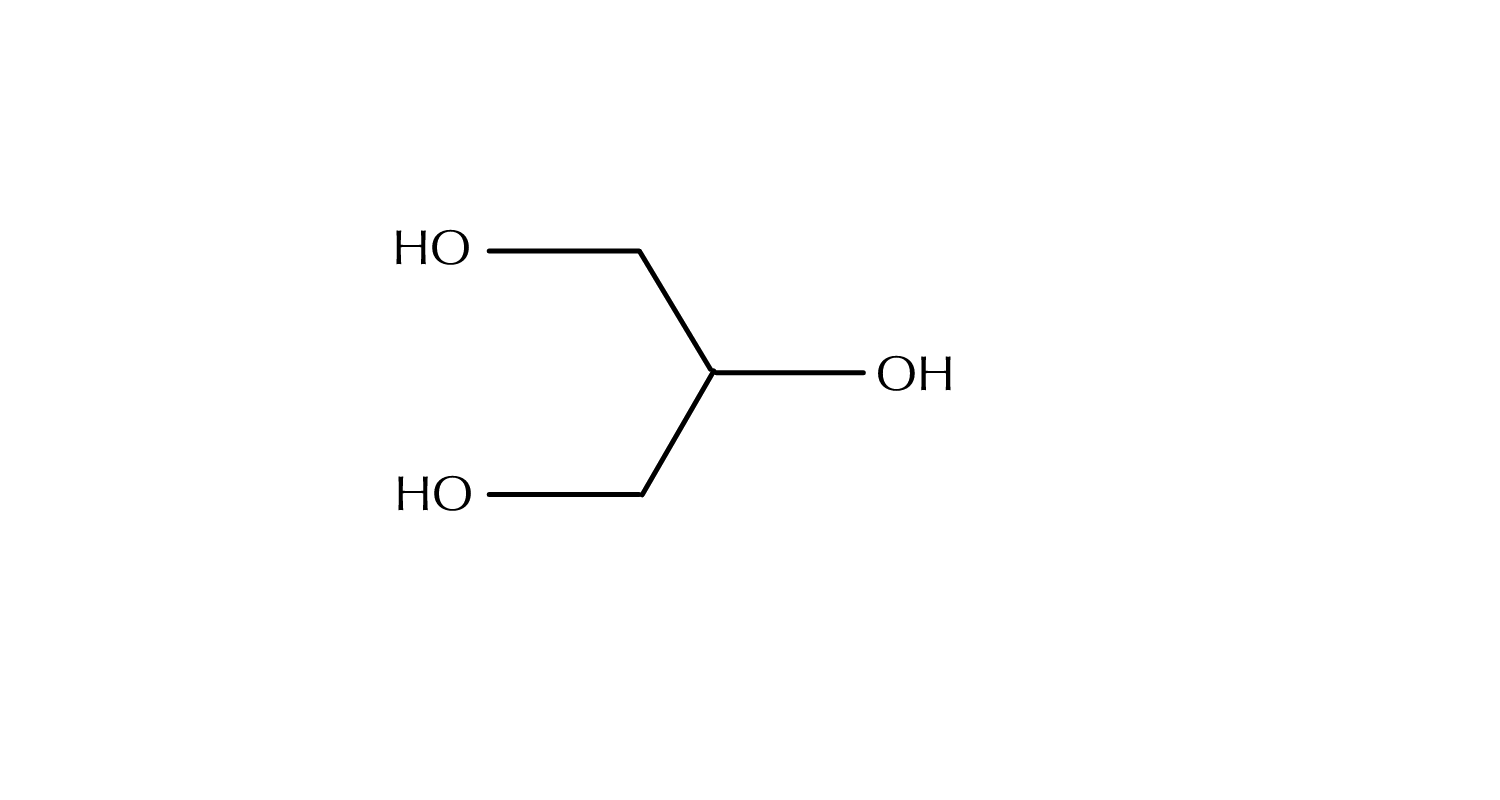What Is Behenyl Alcohol?
Behenyl alcohol is a fatty alcohol used in skincare and cosmetic products to help soften the skin and improve the texture and consistency of the formulation. Its main four uses are as an opacifying ingredient, thickener, emollient, and emulsifier.
Behenyl alcohol, also known as docosanol, is saturated fatty alcohol with 22 carbons. Fatty alcohols are a group of ingredients that are often misunderstood, mostly due to their name. Despite having alcohol in their name, fatty alcohols actually help to effectively condition and soften the skin and hair.
Fatty alcohols have a high molecular weight, straight-chain primary alcohols derived from natural fats and oils. Behenyl alcohol is derived from vegetable sources such as corn, but it can also be synthetically produced.
Behenyl alcohol is primarily used in face moisturizers and body lotions, but can also be found in deodorant, lipstick, foundation, and hair care products.

Behenyl Alcohol
the good: Behenyl alcohol helps the skin to retain moisture, improving the hydrated look of the skin. It also has many benefits to the texture and sensory feel of products.
the not so good: Nothing to keep an eye on here.
Who is it for? All skin types except those that have an identified allergy to it.
Synergetic ingredients: Works well with most ingredients
Keep an eye on: Despite having alcohol in its name, behenyl alcohol is not a drying ingredient. This is because it is a fatty alcohol. Keep an eye out for other fatty alcohols such as Cetearyl Alcohol, Stearyl Alcohol, and Cetyl Alcohol.
Is Behenyl Alcohol Good For Skin?
In cosmetic and skincare formulations, behenyl alcohol functions as an opacifying ingredient, thickener, emollient, and emulsifier.
Texture
The texture, appearance, and feel of a product can have a big impact on how pleasant the product is to use. Elements such as opacity and thickness are an important part of the formulating process. For the most part, these elements are purely sensory. However, the thickness of a product can have a mild impact on how evenly key ingredients are spread across the skin.
As an opacifying agent and a thickener, behenyl alcohol can be added to clear or transparent cosmetic formulations to render them more resistant to visible light. This results in a creamy-looking formulation, think your facial moisturizer with that rich- light texture and color.
Behenyl alcohol’s thickening property allows products to achieve a more desirable, spreadable texture. Thus, manufacturers will add behenyl alcohol to formulations to create a thick, smooth, and creamy product.
Emmolient
Behenyl alcohol is used as an emollient in cosmetic formulations because of its ability to soften and soothe the skin.
After topical application, behenyl alcohol forms a protective layer on the skin that helps to prevent moisture loss. This helps to trap moisture in the skin, improving the hydrated appearance of the skin. Plus, behenyl alcohol does not leave a greasy feel after application as other emollients can.
Similarly, behenyl alcohol functions as an emollient in hair care products, working to increase the hair’s moisture content and improve manageability. Behenyl alcohol can also provide slip to hair conditioners which allows you to detangle your hair better.
Emulsifier
Another function of behenyl alcohol is as an emulsifier. Emulsifiers are necessary for products that contain both water and oil components.
This is because when oil and water-based ingredients are mixed together they often experience separating or splitting. This can change the texture and efficacy of your product. To avoid this issue, emulsifiers are added. An emulsifier like behenyl alcohol can be added to help ensure the two-ingredient types remain mixed. This improves the consistency of a product, which enables an even distribution of topical skincare benefits.
As an emulsifier, behenyl alcohol consists of a water-loving hydrophilic head and an oil-loving hydrophobic tail. The hydrophilic head is directed to the water-based ingredients and the hydrophobic tail to the oil-based ingredients. Behenyl alcohol reduces the surface tension by positioning itself at the oil/water or air/water interface, which has a stabilizing effect on the emulsion.
Is Behenyl Alcohol Vegan?
Behenyl alcohol is a vegan ingredient. It is derived from vegetable sources, such as vegetable oils.
If you are looking for a vegan product it is always best to check with the brand to ensure that the rest of the ingredients in the formulation are vegan and that the brand is cruelty-free.
Does Behenyl Alcohol Irritate Or Dry Out Your Skin?
Due to its name, behenyl alcohol is often misunderstood. It is often lumped in with alcohol-based ingredients such as alcohol denat or ethanol which can be drying or irritating to some skin types.
However behenyl alcohol is actually a fatty alcohol which is a different class of ingredient altogether. In fact, fatty alcohols, unlike traditional alcohol in skincare, are actually known to effectively condition and soften the skin and hair.
Is Behenyl Alcohol Safe?
The safety of behenyl alcohol has been assessed by the Cosmetic Ingredient Review Expert Panel. The CIR Expert Panel evaluated the scientific data and concluded that behenyl alcohol is safe for use in cosmetics and personal care products.
In 2005, the Expert Panel considered available new data on behenyl alcohol and the other fatty alcohols and reaffirmed the above conclusion.
The data for the five commonly used fatty alcohols included in the report revealed no significant toxicity.
Cosmetic formulations containing these fatty alcohols were not dermal irritants or sensitizers.
What Are The Other Uses of Behenyl Alcohol?
In addition to use in the cosmetic industry, behenyl alcohol is available as a nutritional supplement and a pharmaceutical antiviral agent. In the OTC cold sore medication Abreva, docosanol has been shown to reduce the duration of cold sores caused by the herpes simplex virus.
What Are The Other Commonly Used Fatty Alcohols?
Cetearyl alcohol, cetyl alcohol, isostearyl alcohol, myristyl alcohol, and stearyl alcohol are commonly used fatty acids in skincare







